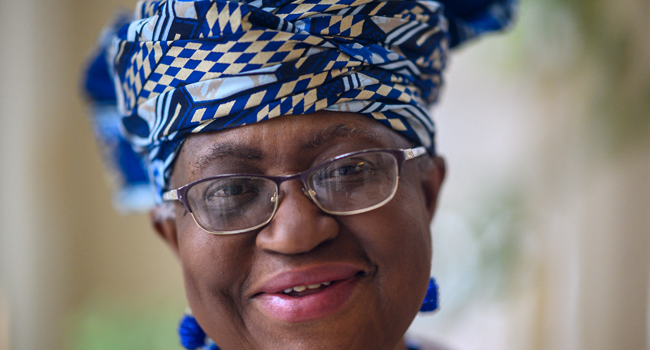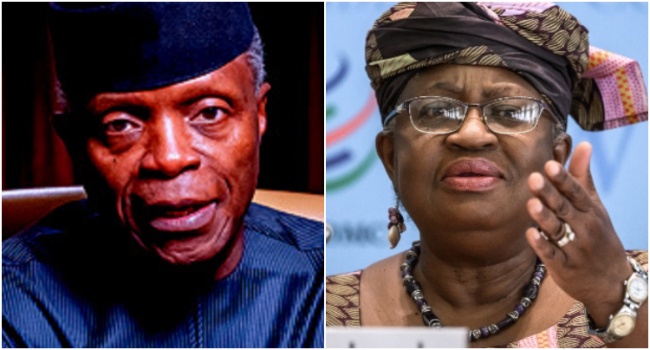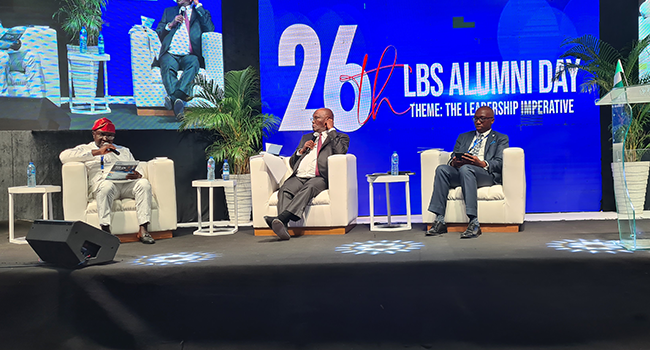
The World Trade Organization chief called Wednesday on countries to wrap up 20 years of talks banning subsidies that contribute to over-fishing and net a deal by July.
Ngozi Okonjo-Iweala, who took the WTO reins last month, urged member states to step up efforts to draft a text that is “complete and clean enough” to be presented to ministers for consideration by July.
“We must have closure by July,” she said.
“We must also prioritise these negotiations over these few months, including late nights and weekends if needed,” she added.
Diplomats have already dramatically increased their meeting schedules in recent months, but the draft text, which remains confidential, still contains far too many areas where the wording has yet to be agreed, according to several sources close to the talks.
Reaching any kind of an agreement at the WTO is in any case a struggle, since all decisions at the body need to be reached by consensus among its 164 member states.
The new WTO chief has made clinching the long-awaited fisheries deal one of her top priorities.
It is widely agreed that action is needed against over-fishing, which is stripping the seas of a hugely important resource that millions of people depend on for their livelihoods, but two decades of discussions have yet to resolve how to proceed.
– ‘Not mutually exclusive’ –
Before Okonjo-Iweala’s arrival, the UN had already set a goal of securing a fisheries deal by the end of 2020, but that deadline came and went with little progress towards an agreement.
But she voiced optimism Wednesday that a deal was in sight.
“To me, our job is to protect the fish and to protect the many millions of fisher men and women who directly depend on the fish,” she said.
“These two are not mutually exclusive,” she insisted.
“Protecting one does not necessarily compete with protecting the other.”
But despite the years of discussion, multiple fault lines still exist, including over whether there are good subsidies and bad subsidies.
European countries and others such as Japan and South Korea want a ban on subsidies, except where it has a positive impact and any potential negative effects can be cancelled out.
Others believe, on the contrary, that any subsidy is inherently bad and should be removed, while there are also voices calling for subsidy caps.
One of the main stumbling blocks appears to be how developing countries and the poorest nations will be treated.
The demand from some countries to be virtually exempt from any subsidy constraints is difficult for everyone to accept, especially since the WTO system allows its members to self-identify as developing countries.
Many of the major fishing nations are considered developing countries, including China, which has one of the world’s biggest fishing fleets.
The chair of the fisheries subsidies negotiations, Colombian ambassador Santiago Wills, told reporters Wednesday that “higher-level attention” was needed to make progress in addressing several key issues.
Those revolved in particular around possible exemptions for subsidies for subsistence, artisanal or small-scale fishing enterprises.
Another sticking point, he said, was the process for determining whether fishing activities should be considered illegal, unreported or unregulated.




